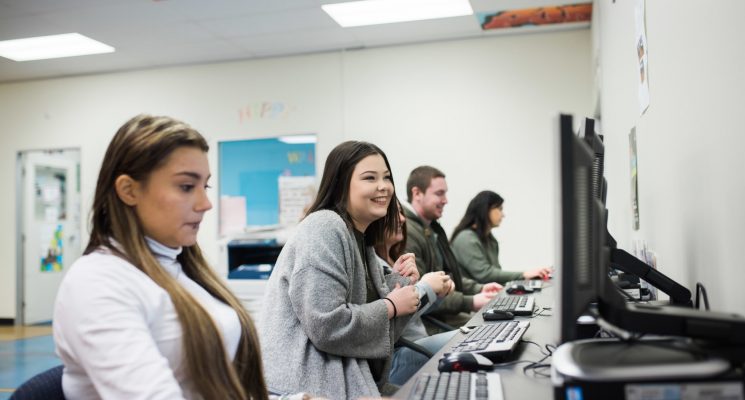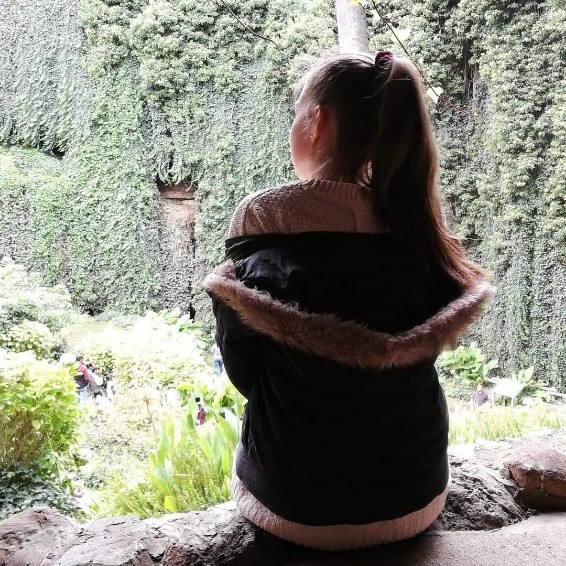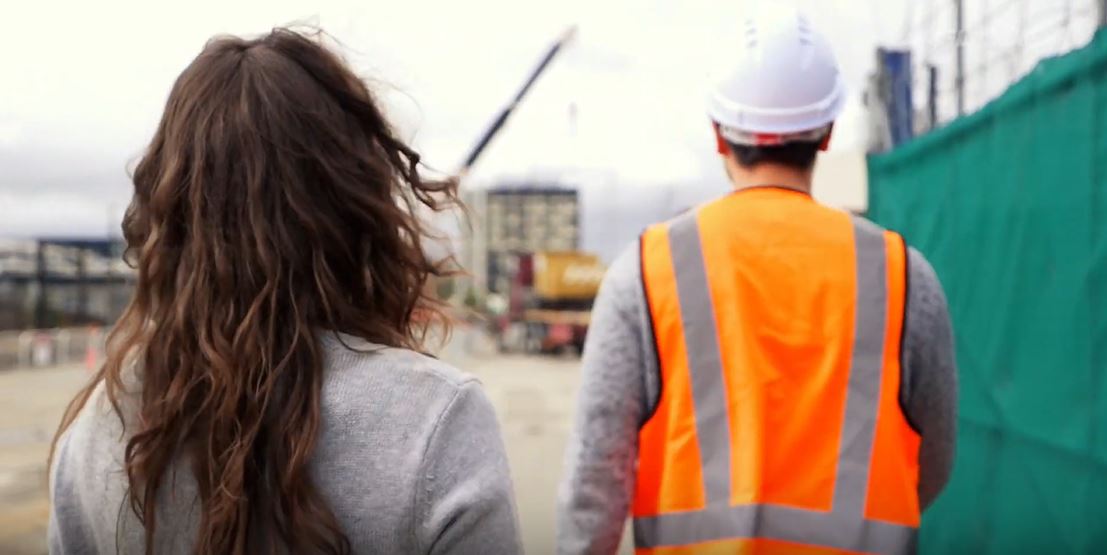
Young Australians might be at minimal risk from COVID-19 itself, but they are being disproportionately impacted by job losses due to the industries they often work in.
With businesses such as those in retail and hospitality badly hit by the pandemic, there are fears young people will be hurting for years to come as a result of the current economic downturn.
For Adelaidean Chloe (19), finding a job was challenging enough, even before the impacts of COVID-19 took hold.
“Job opportunities have dropped off,” she said.
“But I think the biggest thing I’m struggling with at the moment is that employers want young people — but young people that have experience.”

In 2018, Chloe enrolled in a nursing degree at Flinders University while working a part-time casual job in hospitality.
She did a semester of study until she realised that it was not the right choice for her.
“I wasn’t connecting with it and I didn’t see a future in nursing,” she said.
“I thought I’d take the rest of the year off to try and find myself, but I didn’t really get to do that — I didn’t find anything I wanted to do.
“I left, and unfortunately around the same time, I lost my job.”
Chloe is far from alone, with data from the Australian Bureau of Statistics (ABS) revealing in April 2020 that youth unemployment sits at 13.8 per cent, up 2.2 per cent from March.
Her story echoes that of many young people receiving support through AnglicareSA’s Transition to Work program.
About ‘Transition to Work‘
Transition to Work is a Federal Government-funded employment service that helps young people (15-24) on their journey to employment. It provides intensive, pre-employment support to improve their work-readiness and help them into work (including apprenticeships and traineeships) or education.
As a participant of the program, Chloe was offered a traineeship opportunity, and was recently invited by AnglicareSA staff to be part of an interview panel for new youth development positions.
She said the experience has been a “big motivator” both professionally and personally.
“When Jo [AnglicareSA Youth Employment Coach] rang me up and asked if I wanted to be involved, I just hopped on the opportunity,” Chloe said.
“I struggle with my confidence — this gave me motivation and something to believe in and look forward to.”
Listening to the topics covered in the interviews and witnessing the passion shown by the candidates has inspired Chloe to take on a new career path.
“What people were saying in the interviews and how passionate they were about young people — I thought ‘I want to do that — that aligns with my values’,” she said.
“It just sounded like something I really wanted to do.”

Chloe has since enrolled in a Certificate IV in Youth Work and is set to start at the end of June.
She said it would never have been possible without the guidance of AnglicareSA’s Transition to Work team.
“I’d be a lot more reserved, a lot more depressed — my mental health would be incredibly worse than what it is. I’ve got a lot more confidence in myself now.”
Historically, economic crises have triggered a spike in youth unemployment — but as South Australia continues the road to recovery from the pandemic, Chloe is now a lot more optimistic about her future.
She said the most important thing for her as a young person is staying driven and focussed.
“It’s so different for so many different people — I have a friend that’s in university right now and she’s absolutely nailing it and I have friends who’ve found jobs straight after,” Chloe said.
“It’s just about doing whatever you can, even if it means volunteering to try and get your foot in different doors and gain experience.
“I try to do things that hold myself accountable to keep me motivated, and it’s so nice that there are people like those at AnglicareSA that care and that want to help young people secure their futures.”
As a provider of the national youth employment program, Transition to Work, AnglicareSA is proud to amplify employment outcomes for young South Australians during these tough times.
Read the latest research from the National Youth Employment Body and the Transition to Work National Community of Practice on what can be achieved when business, education and training providers, government, community and of course young people themselves come together.